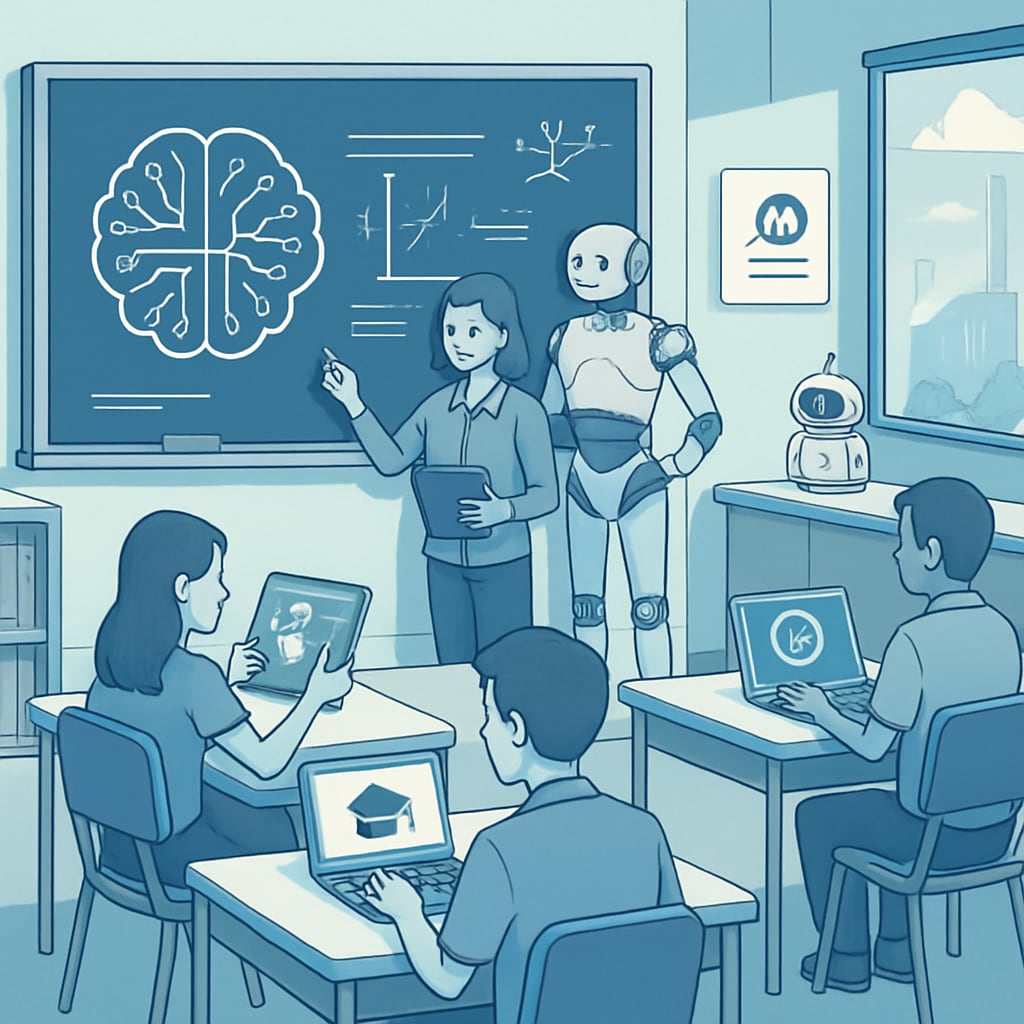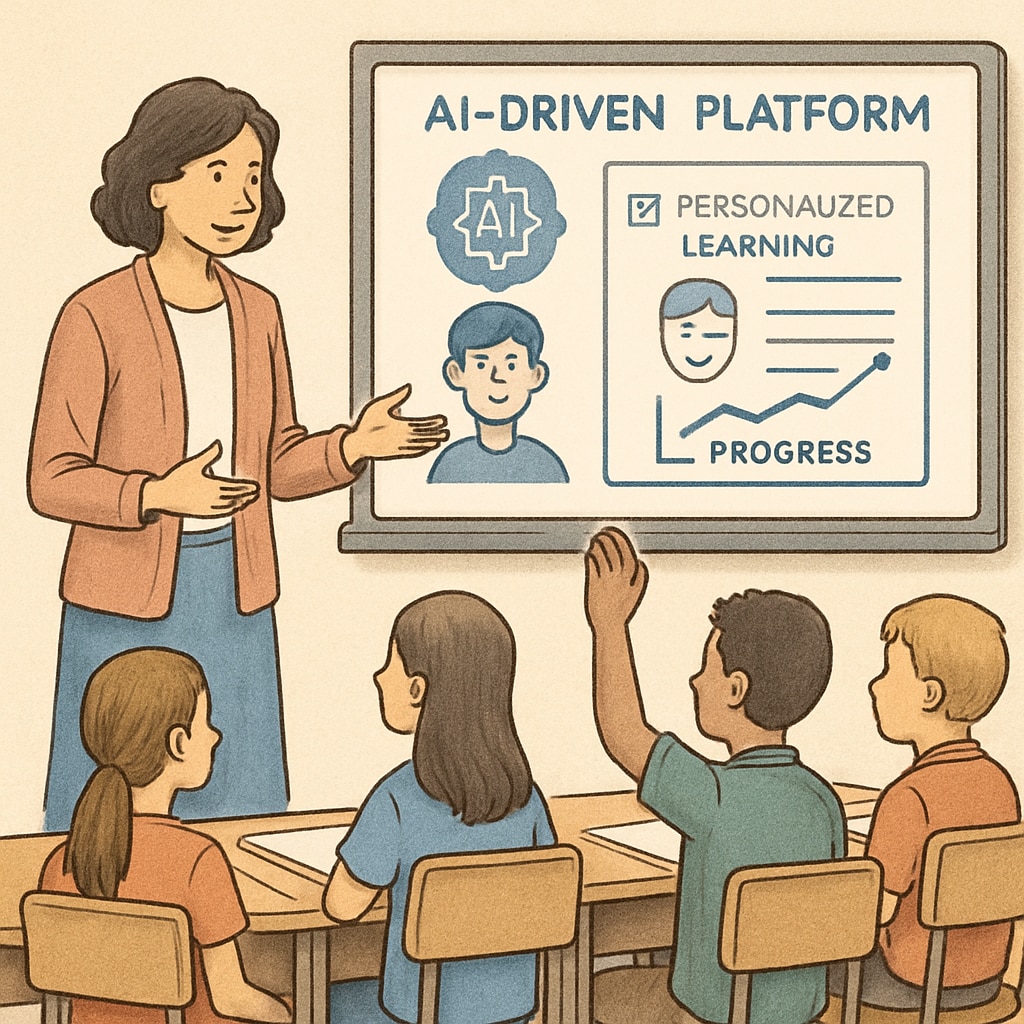Melania Trump’s initiative to establish a White House artificial intelligence (AI) task force underscores the growing importance of responsible AI development, especially in education. As AI technologies continue to reshape industries, the K12 education sector stands at the forefront of this transformation. By prioritizing safety, accountability, and ethical use, AI can maximize its potential to empower young learners and prepare them for the challenges of tomorrow.

Why Responsible AI Development Matters for Education
Artificial intelligence has shown immense promise in enhancing learning experiences. Tools such as adaptive learning platforms, automated grading systems, and personalized tutoring are revolutionizing the way students engage with content. However, without responsible development, AI can introduce risks, such as privacy concerns, data misuse, and biased algorithms. Melania Trump’s White House AI task force aims to address these challenges by advocating for ethical guidelines and robust frameworks to integrate AI effectively into classrooms.
For example, safeguarding student data is a critical aspect of responsible AI development. By ensuring data encryption and compliance with regulations like COPPA (Children’s Online Privacy Protection Act), schools can leverage AI tools without compromising trust. Additionally, transparency in algorithm development can prevent unintended biases, ensuring that AI benefits all students equally.

How AI Is Transforming K12 Learning
AI’s impact on K12 education extends beyond convenience—it’s reshaping foundational learning processes. By automating repetitive tasks, AI allows educators to dedicate more time to personalized instruction. For instance, AI-powered applications can analyze each student’s learning style and recommend tailored resources to address specific challenges.
- Adaptive Learning Platforms: These systems adjust content difficulty based on a student’s progress, ensuring optimal engagement.
- AI-Powered Tutoring: Virtual tutors provide immediate feedback and support, bridging gaps in understanding.
- Predictive Analytics: AI can identify students at risk of falling behind, enabling early intervention strategies.
Moreover, AI fosters inclusivity by providing tools for students with disabilities. For example, speech-to-text software and interactive visual aids empower learners who face traditional barriers to education. As a result, schools can create environments where every student thrives.
Balancing Innovation with Responsibility
While AI’s potential in K12 education is undeniable, its implementation must be guided by ethical considerations. The White House AI task force led by Melania Trump serves as a blueprint for achieving this balance. By focusing on responsible development, the task force advocates for:
- Ethical Oversight: Establishing clear guidelines for AI use in educational settings.
- Teacher Training: Equipping educators with the knowledge to integrate AI tools effectively.
- Continuous Monitoring: Evaluating AI’s impact on student outcomes and making necessary adjustments.
Furthermore, collaboration between policymakers, educators, and tech companies is essential for sustainable progress. Initiatives like this task force demonstrate how multidisciplinary efforts can create safer and more impactful AI applications for the next generation.
As AI continues to evolve, its role in education will undoubtedly grow. By ensuring responsible development, we can harness its transformative power while safeguarding the interests of students, teachers, and communities.
Readability guidance: This article uses short, digestible paragraphs and lists to summarize key points effectively. Transition words (e.g., however, for example, therefore) are incorporated to enhance flow and comprehension.


